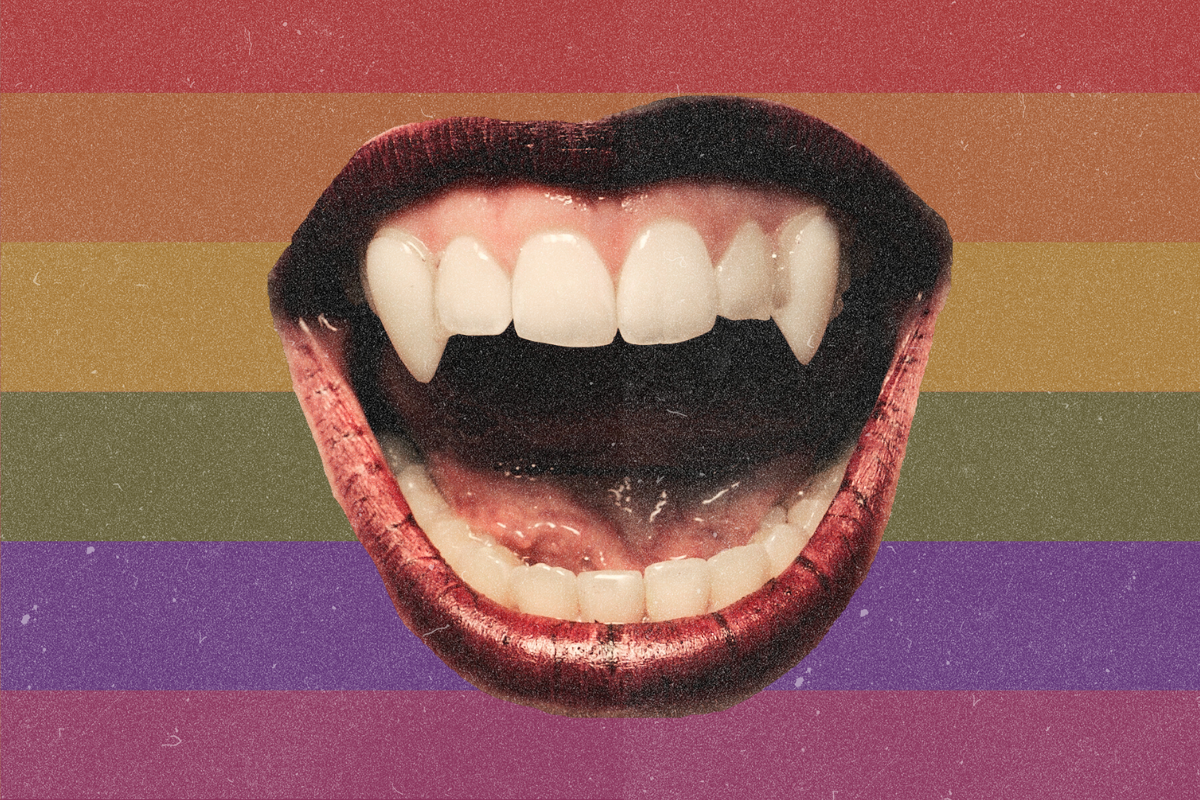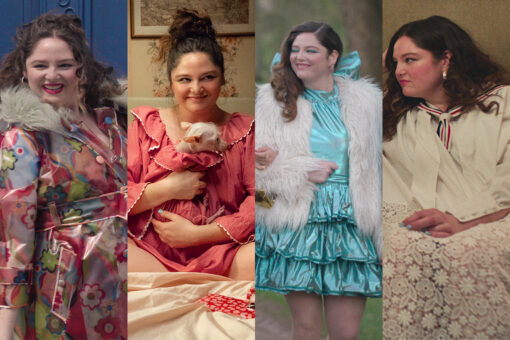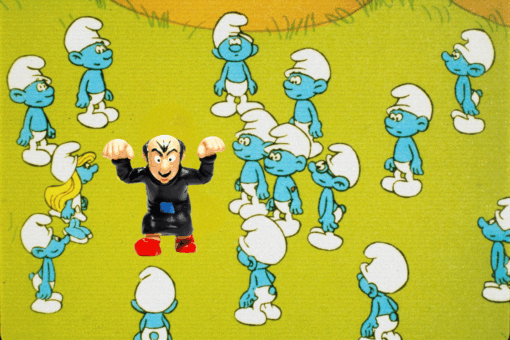In August 2022, Netflix canceled their teen lesbian vampire show, “First Kill,” after one season. There was some pushback to this decision, particularly among teen and 20-something queers on Twitter. Two months earlier, those same “First Kill” fans had strongly objected to writer Caroline Framke’s assessment of the show in Variety, which was that it was a “Tired Take on Teens, Lesbians, Vampires, and Teen Lesbian Vampires.”
“Every night before bed I curse caroline framke’s entire bloodline that woman has not seen the last of me and neither will her children,” said one Twitter user. “a tired take on teen lesbian vampires? literally when has hollywood served you teen lesbian vampires before,” said another.
I stayed quiet during this uproar — I know better than to tangle with people on the internet who are convinced they have been wronged. However, I had two points to make, and I’ll make them now: One, lesbian vampires are a very old and somewhat common literary trope, and two, “First Kill” was one of the most virulently antisemitic shows I have ever seen.
Based on the short story by author V.E. Schwab, “First Kill” resurrects a number of vampire tropes whose antisemitic roots have already been thoroughly traced. Hoarded wealth, a literal cabal — the vampires of “First Kill” even cite Lilith as the root of their curse, a figure often misunderstood outside of Jewish mythology.
And yet, despite the cruel carelessness of the world building, I was a little sad to see “First Kill” go. However hypocritical, I just can’t resist a lesbian vampire. For me, it boils down to this: The vampire was born of antisemitic stereotypes, therefore she is Jewish. The female vampire was born of homophobic stereotypes, therefore she is gay. I am Jewish and gay, therefore the lesbian vampire is for me.
I first fell in love with the lesbian vampire the same way generations of queers before me did: through Sheridan Le Fanu’s 1872 novella, “Carmilla.” “Carmilla” is commonly understood to be the seed from which most modern sapphic vampires have grown. The character herself is sexy and insinuating, both desired and reviled by her intended victim, the innocent Laura. Lesbianism, through the lens of this novella, is parasitic. Carmilla is the foremother to the predatory dyke in the locker room, whose sly attentions are a constant, threatening presence. She is playing a zero-sum game: Every woman she seduces is one that becomes unavailable to men. Whether this is through death or lesbianism is immaterial. Either way, the victim loses her prescribed role, her natural place, and her value to society.
While presented as a horrifying prospect, a queer reader might find this outcome extremely attractive. The villain becomes our hero. Queer communities have always molded the dirt thrown at us into treasures (see: the word “queer”). As is the case with all weapons and queer-coded baddies fashioned against us, the lesbian vampire is now ours.
Obviously, as a writer, I had to write my own lesbian vampire book, but in choosing to do so I was wedging myself between a rock and hard place. The antisemitism isn’t the icing on the cake, it’s baked into every layer of the vampire. I first learned about blood libel in Hebrew school when I was 10 — what business did I have making the hero of my book a blood-drinking allegory for my pogrom-fleeing ancestors? While dykes have reclaimed vampires, Jews haven’t — at least not to the same extent. The most prominent living writer of vampire fiction is a tithe-paying member of the Mormon church , an institution with a sickening history of posthumously baptizing Jews, including victims of the Holocaust. If I were to write this book, I had to be careful.
My first choice, which I fully stand by, was not making any of my characters Jewish. Moreover, they are explicitly non-Jewish. My vampires are the emmis — Yiddish for truth — and as such, they drink a lot of blood. However good my intentions, I didn’t have the stomach to fill hundreds of pages with images of blood-drinking Jews.
This is not to say that Jews are entirely absent from this world. In the second chapter of my novel, “A Long Time Dead,” the character Roisin, a lonely, centuries-old vampire, explains to the newly-turned Poppy that her sire, Cane, hid pertinent dietary information from her.
“I didn’t even know that it was possible to drink from animals until we met a coven of Jewish estries in the Russian Empire. They were having a debate—something about their dietary laws and whether they could follow them as vampires. Jews don’t consume blood, but perhaps the blood of an animal they considered ‘clean’ would be viable under—”
“Did Cane know?”
Roisin pushed a lock of hair behind her ear. “Whether the Jewish god would allow vampires to drink cow blood?”
To a non-Jewish reader, perhaps this reads as a checked box. But for my Jewish audience, I hope the implication is clear: This is not the first time these estries (vampires from Jewish folklore) have had this debate, nor will it be the last. These vampires are talmudically arguing a point that has most certainly been on their minds for centuries. In my imagination, “Can a Jewish vampire keep kosher?” is the estries’ Oven of Akhnai. Lo bashamayim hi — it is not in heaven.
I am Jewish, which means I, like the estries, will be reconsidering the Jewish vampire forever. I am open to the possibility of writing about Jewish vampires in the future, whether that’s in three years or three decades. But for now, my queerness and my Jewishness diverge: Because I am queer, the vampire is already mine. Because I am Jewish, she will be.



